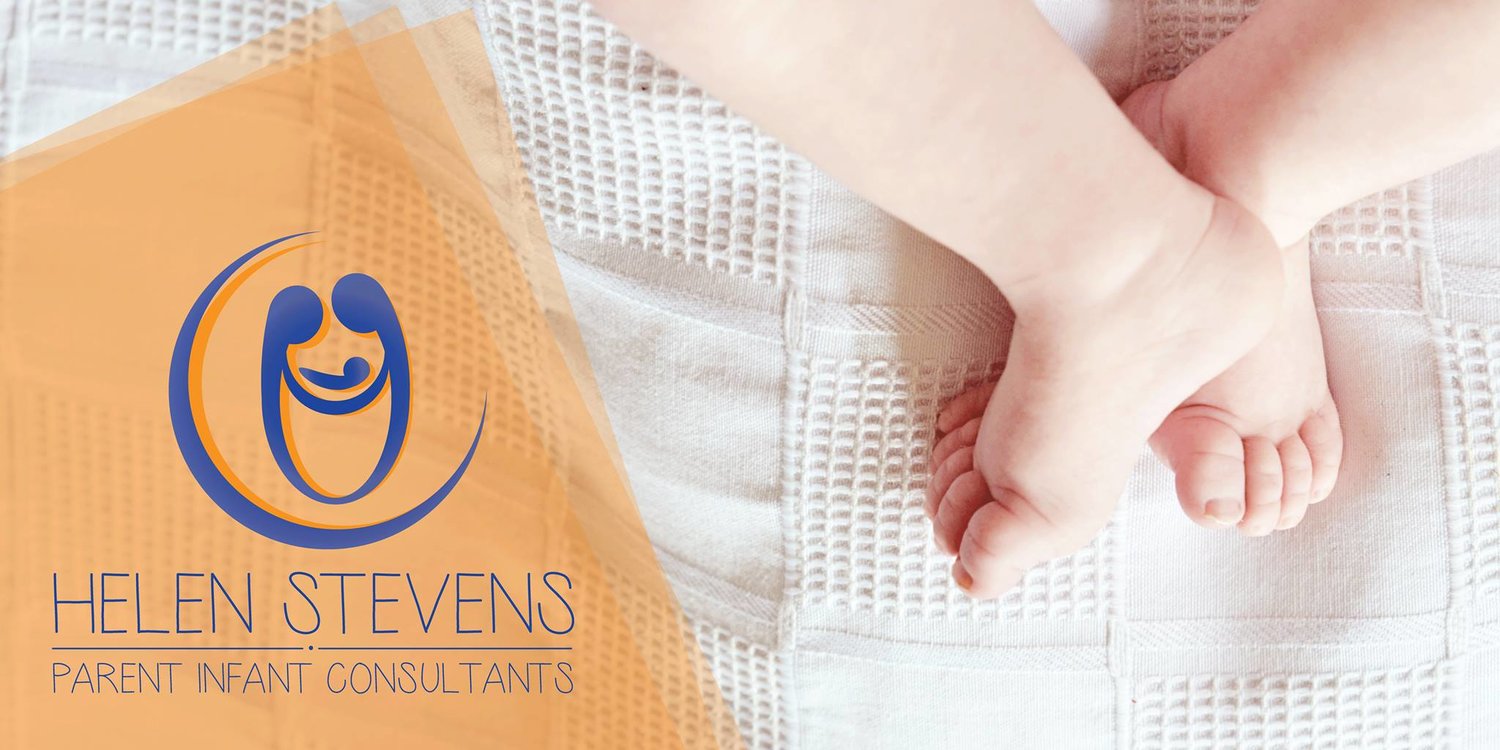There are few things on this earth like a baby’s cry. It triggers an intense need to act, to do something.
When our own baby cries, we feel we should be able to help. But what if the baby keeps crying? We initially feel helpless and often frustrated, and sometimes we can become overwhelmed by the crying and our inability to help our baby.
As caregivers, we are connected to our baby’s feelings and often it's hard to separate them out, but your baby needs you to help them calm down.
If you're feeling overwhelmed, ask someone to help. If you have no one around, get the pram out and go for a walk. Take long slow breaths because your baby needs you to calm down first.
Babies do not mean to make life hard, so don’t plead with them to stop crying. Rather, have a think about a time when you were distressed - now remove your sense of reason and that's what a baby is feeling - overwhelmed and unable to calm down.
Babies need someone to hold them. They need a warm, calm and comforting body. Babies need the environment to be manageable before they can calm down.
Overtime you will become more skilled at calming and understanding your baby’s behaviours. But in the meantime, be kind to your baby and yourself.
Got more questions? Book an appointment to speak with one of our baby specialists.
Author: Helen Stevens. RN. RM. MCHN. Manager of Clinical Services, Education and Research. Parent Infant Consultants. 0411880720.
